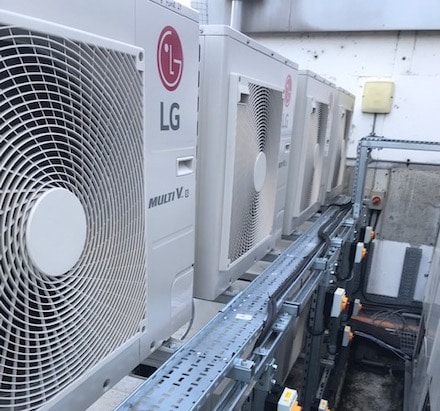
Knowledge Center
We believe that sharing our expertise and collaborations in clean energy policy is how real, effective change happens.
From reports and policy briefs, to webinars and podcasts—RAP advisors have built an extensive collection of resources providing in-depth analysis and practical solutions to today’s energy challenges.
Filter >>
Content Filter:
The Regulatory Assistance Project has been bringing clarity to the complexity of the clean energy transition since 1992. By developing data-informed, real-world solutions — that are also cost-effective and reliable — RAP supports the creation of stronger, cleaner and more… View Summary +

In der kommende Jahren soll Deutschland seine Abhängigkeit von fossilem Gas stark reduzieren. Damit einher geht zwangsläufig ein schrittweiser Rückbau der Gasnetze, da sich diese ohne signifikante Belastungen der Verbraucher nicht mehr wirtschaftlich betreiben lassen. In einer Studie hat… View Summary +
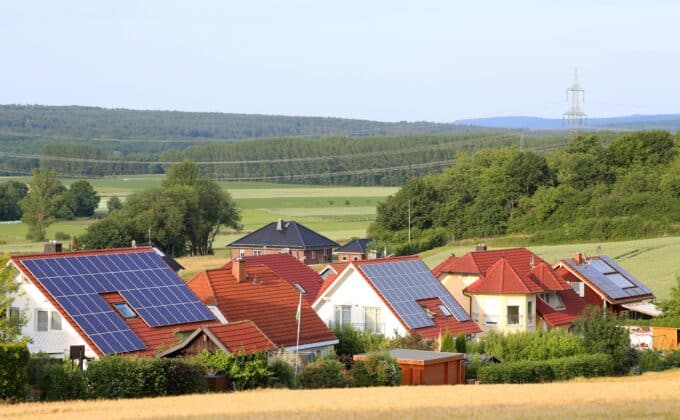
Industrial energy use — including for heat in industrial processes — is a significant source of carbon emissions in Europe, accounting for 20% of the region’s greenhouse gas emissions. To meet climate and renewable energy goals, industrial decarbonisation needs to… View Summary +
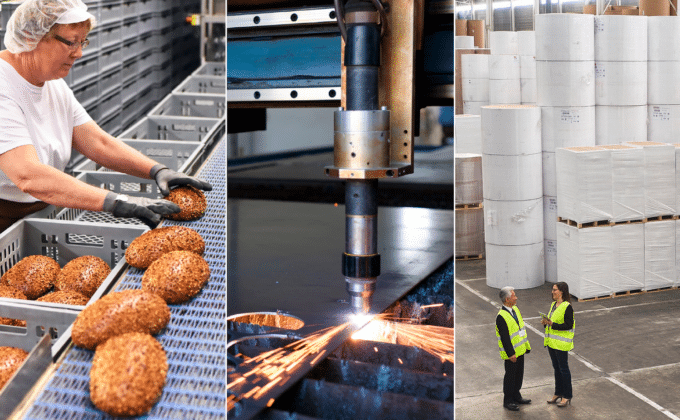
Heat pumps, a critical technology for clean energy systems, are becoming the most important technology for heating decarbonisation. Currently, the vast majority of heat is provided by fossil fuels. In order to promote and encourage heat pump installations across the… View Summary +

Policymakers across the globe are searching for solutions to reduce the use of fossil fuels and their associated climate impacts. Attention has focused on the heating sector, which relies heavily on fossil fuels and was responsible for almost 40% of… View Summary +

Decarbonisation of heating must accelerate if we are to meet European Union (EU) climate and renewable energy targets and achieve reliable and affordable supply of heat for all. Space and water heating in buildings accounts for around a third of… View Summary +
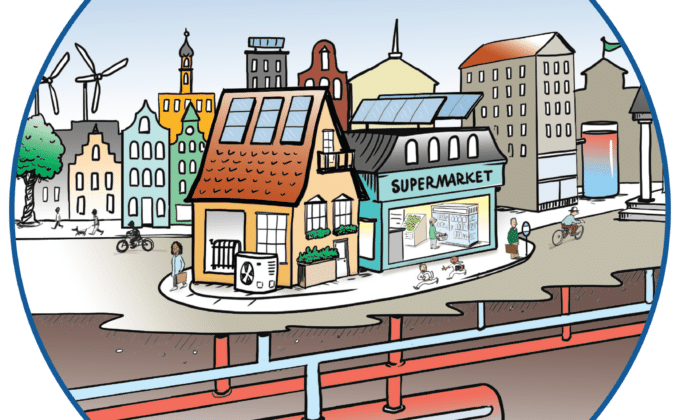
In the United Kingdom, policymakers are considering the idea of converting households that currently use gas for heating to instead burn hydrogen. This idea is known to compare poorly, on energy system cost grounds, to widespread energy efficiency, electrification using… View Summary +

Pompy ciepła to jedna z kluczowych technologii na drodze transformacji energetycznej, już niedługo stanie się najważniejszą technologią dla dekarbonizacji ogrzewnictwa. Obecnie zdecydowana większość ciepła do gospodarstw domowych jest dostarczana przez paliwa kopalne. W celu promowania i zachęcania do instalowania pomp… View Summary +
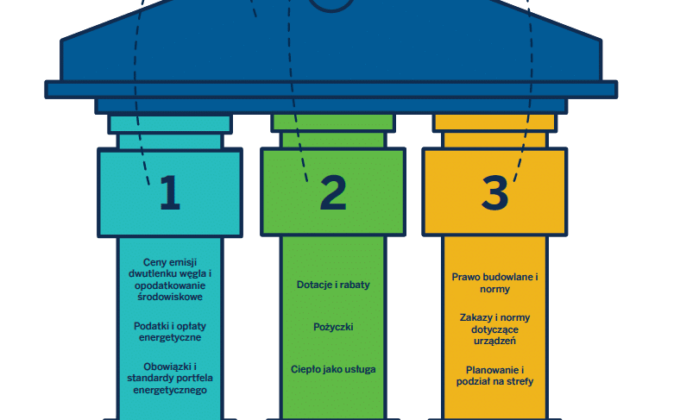
La energía utilizada para la calefacción y refrigeración representa alrededor del 50% del consumo total de energía en el mundo. De esta cifra, casi la mitad se consume para calentar edificios. Y la mayor parte de la energía utilizada se… View Summary +
Europe is heavily reliant on fossil fuels in the heating sector. The EU has set itself a goal of deploying 30 million additional heat pumps by 2030. To advance the transition away from fossil fuels in the heating sector,… View Summary +
Heat pumps, a critical technology for clean energy systems, are poised to become the most important technology for heating decarbonisation. Currently, the vast majority of heat is provided by fossil fuels. In order to promote and encourage heat pump installations… View Summary +
The Renewable Energy Directive (RED), designed to help meet the EU’s ambitious 2030 and 2050 climate targets, sets targets for growing renewables usage for heating and cooling in the building sector. As currently written, however, the RED encourages inefficient uses… View Summary +
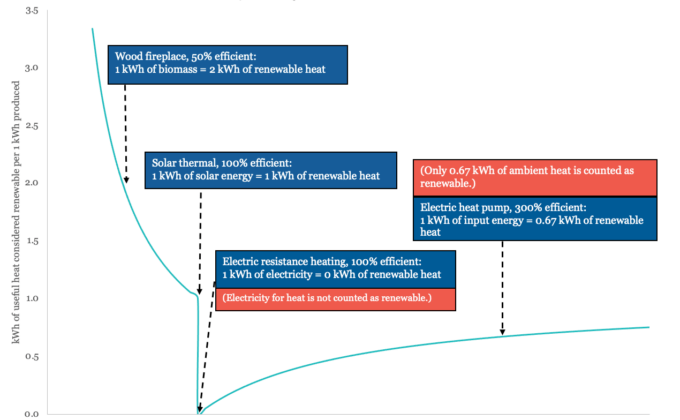
Taxing energy in line with its environmental harm aligns the prices facing consumers with policy objectives. Energy taxes and levies encourage energy efficiency and raise revenues for governments, which can then dedicate them to energy transition projects. Not all energy… View Summary +
The transition to zero-emission mobility and a decarbonised energy system are best planned in tandem, and electric vehicles will play a key role in both shifts in the coming years. Automakers are already committing to phasing out internal combustion engine… View Summary +
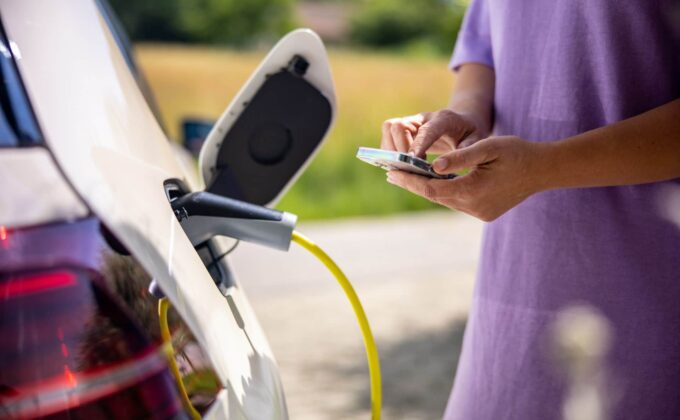
Removing fossil fuels from heating is a goal of policy makers around the world in order to decarbonise energy systems and to remove exposure to fossil fuel imports. Alongside efficiency measures, the key technology to replace fossil fuels for heating… View Summary +
